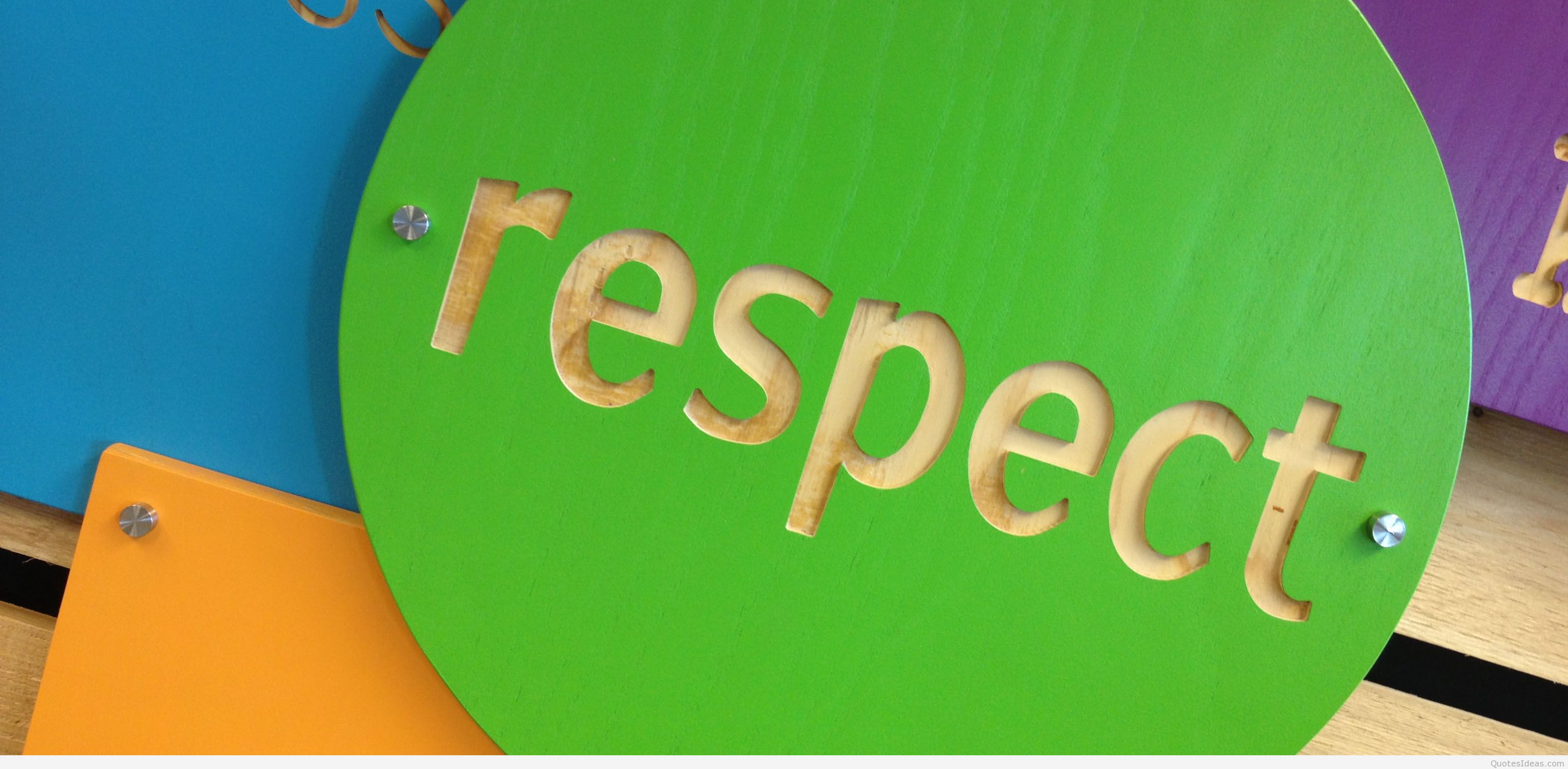On Saturday, a University of Maryland student and green card holder named Aida Mohammadi and her 5-year-old cousin — an American citizen — were detained at Washington Dulles International Airport after the signing of President Trump’s executive order. All weekend, crowds pour into airports and major cities in protest of the order. On Monday, alleged gunman Alexandre Bissonnette was charged for six counts of murder at a mosque in Quebec, Canada.
These events have become routine in our regular news coverage, depicting normalized hate and hostility. Just after Trump won the presidency, it was clear that his racist and derogative rhetoric negatively inspired many of his supporters. In a study released by The Southern Poverty Law Center, 867 incidents of harassment and intimidation were recorded between Nov. 9-18 — many of which involved the harassers citing Trump’s name. Since then, the crimes have eased, but they are still being committed. With these numbers and the visible, growing chaos around us, it is evident that Trump’s administration has divided our country in a distinct and menacing way.
At this point, you’re probably thinking this is just another Trump column reaffirming all that’s bad in the world. With the extreme over-saturation of grim articles on your newsfeed, it’s hard to look past the negativity, and it’s even more challenging to focus on the discourse and change that still needs to be initiated.
While it is not always easy to agree with peers and colleagues who do not share your beliefs, it is more crucial than ever to display respect — and that starts with not downplaying the experiences of others. For example, structuring political conversations as a chance to learn something new can make conversations less tense and more educational.
Your long-winded post on Facebook about how much you hate Trump is unlikely to change people’s minds — and there’s a science to it. When presented with opinions that don’t align with their own, people inherently feel uncomfortable. Naturally, this “confirmation bias” is our preference for explanations that already confirm our own beliefs. “Not only are we biased to favor perceptions that are in line with our beliefs, but we are also very likely to organize our world in order to only experience things that conform to our own ideas. This makes it less likely to be confronted with alternative opinions,” besides “us” Los Angeles-based psychoanalyst Robin S. Cohen explained to the Huffington Post in March 2016. So rather than making a conversation one-sided, set the discourse so that both sides are educating the other on their beliefs to create a more manageable and respectful conversation.
With this in mind, it’s also important to find a common ground. Discussing the foundation of a certain issue solidifies that there is some level of agreement. Most controversial problems have a common factor or characteristic that parties share in common. Finding this middle ground shows there is value in the other person’s beliefs.
Like you, I am tired. Tired of feeling emotionally drained when reading the same hateful rhetoric on both sides of the political spectrum, berating the other for their beliefs — many of which are sensationalized or magnified by Trump’s own radical rhetoric. Tired of the atmosphere of hate and bigotry that have become normalized in this country. And above all, I am tired of people forgetting how to simply be human toward each other.
Today, the world is grim. But our visible and problematic polarization should inspire discourse and enact change. It should remind us to be kind to one another. To be empathetic. To find connections that emphasize mutual respect and ultimately bring us back together again.
Maris Medina is a freshman journalism major. She can be reached at marismedina29@gmail.com.



